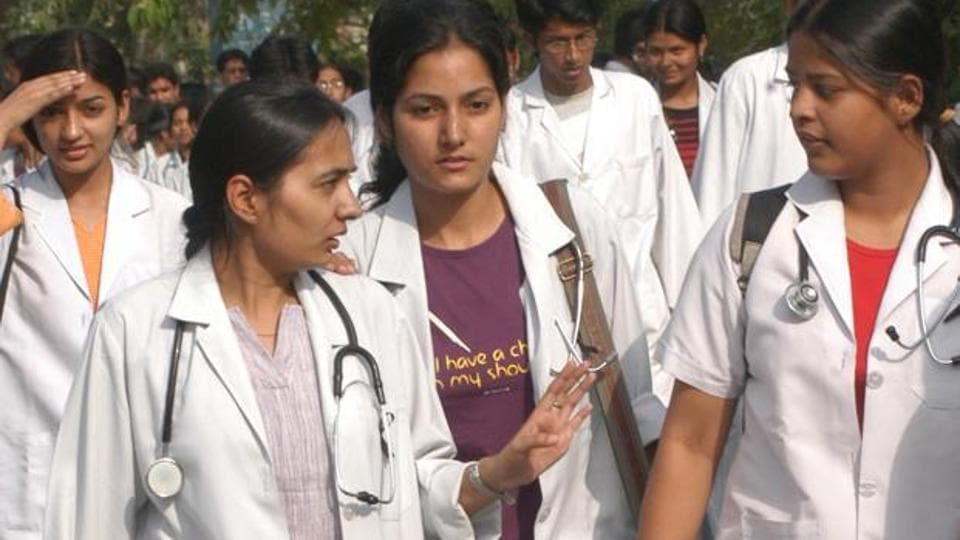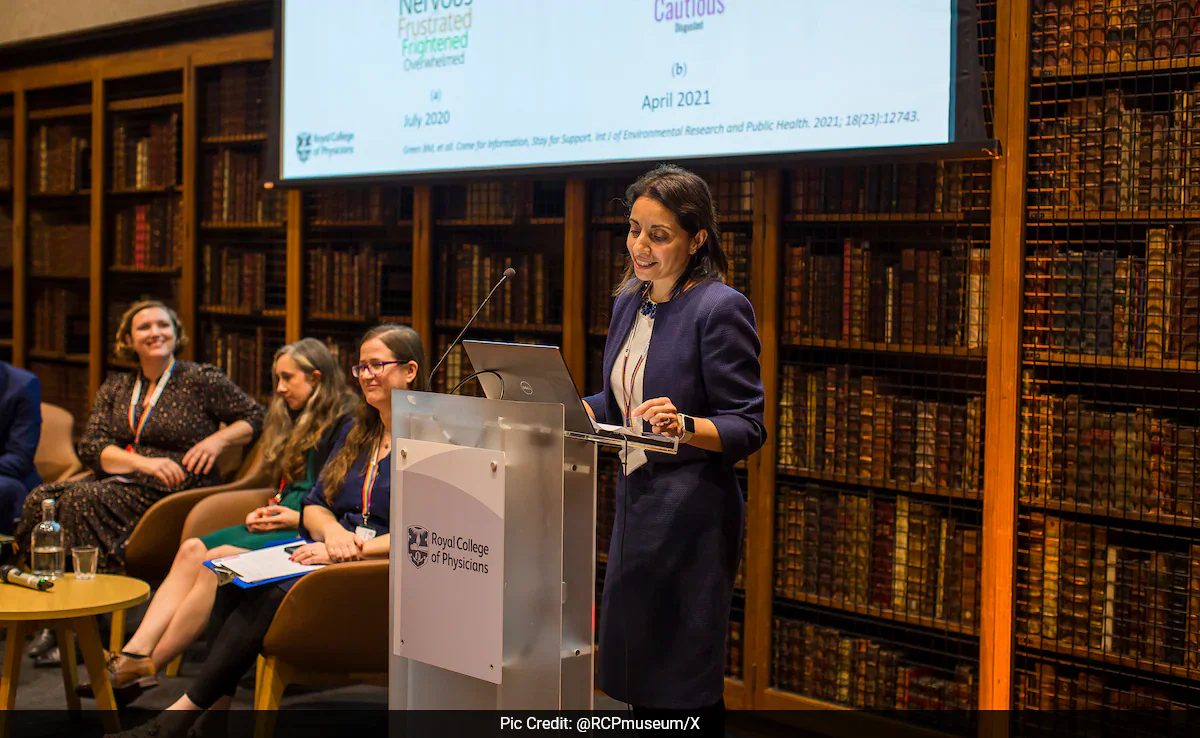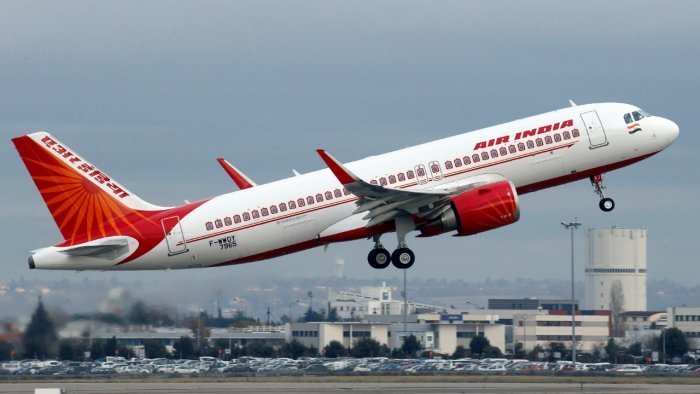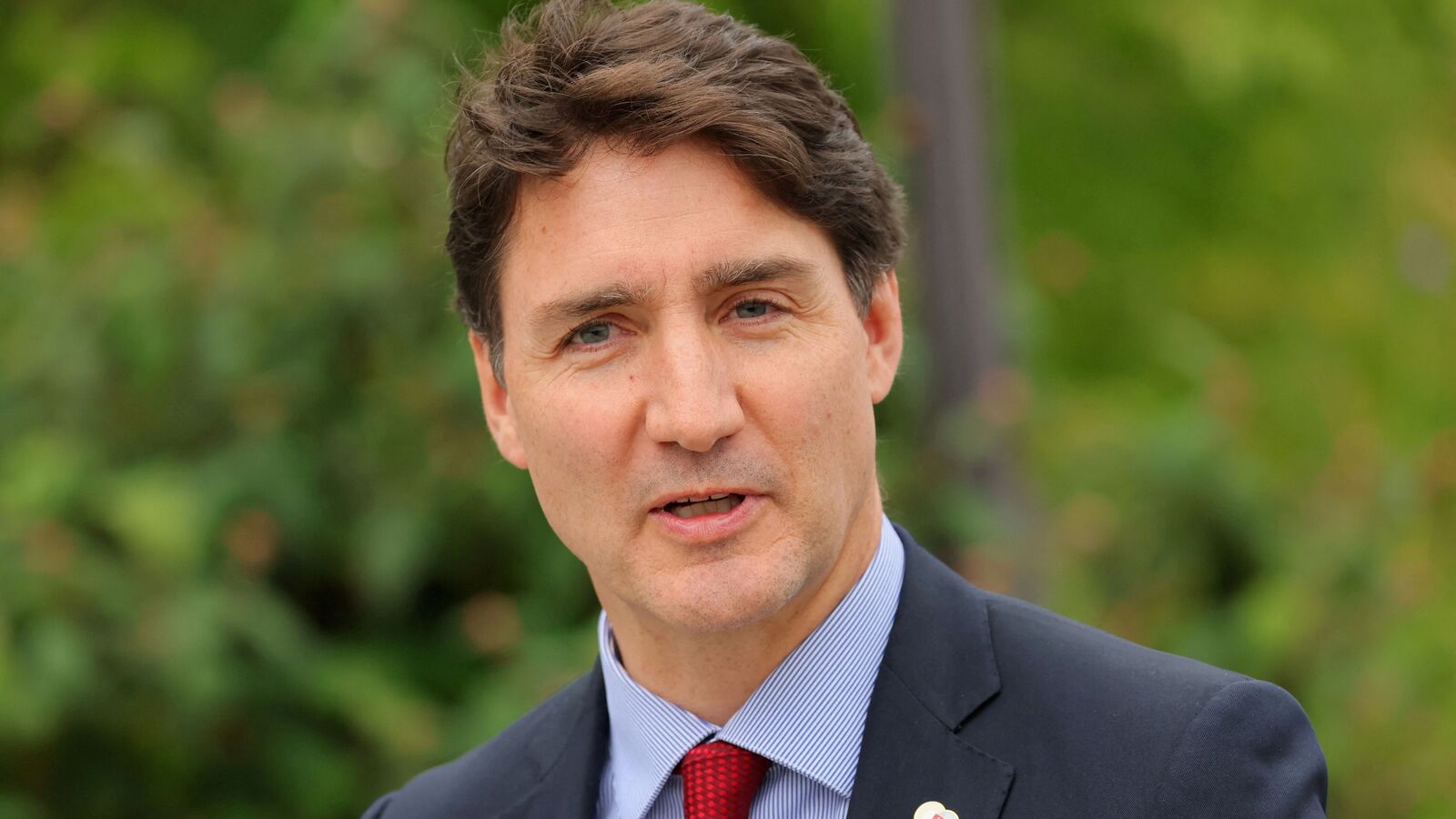This situation underscores the ongoing challenge of making medical education accessible, as high fees continue to prevent many eligible students from securing NRI quota seats in Punjab’s medical institutions
In Punjab, an overwhelming 80% of MBBS and BDS seats under the Non-Resident Indian (NRI) quota remain vacant after two rounds of counseling, primarily due to prohibitively high tuition fees. Out of 366 seats, 291 are still unfilled, highlighting the financial burden that discourages students from pursuing medical education in the state, reported hindustantimes.com.
The Baba Farid University of Health Sciences (BFUHS), which oversees admissions for medical courses, reported that all NRI quota BDS seats in 14 private dental colleges remain vacant. Similarly, 60% of NRI quota MBBS seats in 10 medical colleges are unfilled.
The high cost of NRI quota seats is a significant deterrent for many. For an MBBS seat, the tuition fee is set at $110,000 (₹92 lakh) for the entire course, while a BDS seat costs $44,000 (₹37 lakh). These rates are applicable to both private and government institutions in Punjab, making medical education under the NRI quota one of the most expensive options.
-
The third round of counseling by BFUHS began recently, with vacant NRI quota seats being transferred to the general category after the final round
-
The provisional merit list will be displayed on October 11, and the results will be announced on October 18
Punjab’s 11 medical colleges offer 185 NRI quota MBBS seats, out of which 112 remain vacant. In the case of dental colleges, 181 BDS seats are available across 16 institutions, but only two have been filled in the Government Dental College, Patiala. All seats in private dental colleges remain unallocated.
“The steep tuition fees make NRI-quota seats less attractive,” remarked Dr. Raj Bahadur, former vice-chancellor of BFUHS. He pointed out that students also need to consider additional expenses during the five-year course, making it an expensive proposition overall. “Many NRIs who wish to send their children to India for medical education are not financially strong, so they opt for more affordable options abroad,” he added. Countries like Ukraine offer medical education at a much lower cost, approximately ₹30 lakh, compared to ₹1 crore in India.
In August, the Punjab government attempted to broaden the NRI quota eligibility by including distant relatives, such as siblings and cousins, living in India. However, this amendment was quashed by the Punjab and Haryana High Court, which ruled against allowing distant relatives to be eligible for the NRI quota in medical admissions.
***********************************************************
Readers
These are extraordinary times. All of us have to rely on high-impact, trustworthy journalism. And this is especially true of the Indian Diaspora. Members of the Indian community overseas cannot be fed with inaccurate news.
Pravasi Samwad is a venture that has no shareholders. It is the result of an impassioned initiative of a handful of Indian journalists spread around the world. We have taken a small step forward with the pledge to provide news with accuracy, free from political and commercial influence. Our aim is to keep you, our readers, informed about developments at ‘home’ and across the world that affect you.
Please help us to keep our journalism independent and free.
In these difficult times, running a news website requires finances. While every contribution, big or small, will make a difference, we request our readers to put us in touch with advertisers worldwide. It will be a great help.
For more information: pravasisamwad00@gmail.com











